Loss hits our hearts, minds, and bodies. Fatigue is the natural result. This post – taken from Aftermath: Picking Up the Pieces After a Suicide – talks about this near-constant companion of grieving hearts. No matter what loss you’re dealing with, chances are you can relate to the grieving heart below.
FROM THE GRIEVING HEART:
I’m so tired.
I think I could fall asleep while standing up. Some days, I can barely put one foot in front of the other.
I wake up tired. I’m tired all day. I go to bed tired. The fatigue has to be affecting my work performance and my relationships, but I don’t have the energy to do anything about that.
I’m drained. Spent. Running on empty. I know this has to do with my grief somehow, but I don’t have space for that either.
It’s all I can do to get up, go through the day, and stay somewhat functional. Putting on a good act is exhausting.
Fatigue is common in grief.
Fatigue and exhaustion are common in grief, especially in cases of heavy or traumatic loss. Loss invades and grief suddenly takes up more space in our minds, hearts, and bodies. The impact can be deep and even feel debilitating.
We focus on what we must do. We get up and go through the motions. We’re not fully engaged, perhaps hardly at all. We’re shocked, stunned, angry, confused, frustrated, sad, anxious, and perhaps depressed. “Normal,” as we knew it, is gone.
When a person departs, the shock waves are immense. Grief hits us again and again. It can become a continual, grinding force that wears us out.
If you’re fatigued or even exhausted, please know that this is the number one physical symptom people experience during times of loss. Many deaths come with extra issues, questions, and complications, making things even more challenging.
Rest. Know that you will not be able to engage, work, and live at the same level as before the loss. Right now, you’ve been hit by the Grief Bus and are in the hospital, perhaps in the ICU. You’ve been deeply wounded. You need time to grieve, recover, and somehow adjust to this new, unwanted normal.
Affirmation: I accept that fatigue is part of my grief. I’ll make allowances for this, adjust my expectations, and rest as I can.
CONSIDER:
Grief fatigue can be frustrating. Life can feel extraordinarily heavy.
Are there ways you can adjust to accommodate this heavy grief into your normal busy life? Can you adjust your expectations of yourself right now? If so, how?
Are there ways you can talk to others, let them know about your fatigue, and help them adjust their expectations of you during this time? Letting others know where you are can go a long way in managing their expectations as well as your own.
Are there modifications you can make to your diet, nutritional intake, hydration, or exercise that might make a difference? These basic foundational parts of life often get neglected in times of loss.
Again, if you find yourself concerned about your fatigue, consult a physician.
Remind yourself: “If I’m extra tired, that’s okay. Grief is exhausting.”
Adapted from Aftermath: Picking Up the Pieces After a Suicide. Watch the brief book video here.
Additional Recommended Resources:
Grief Fatigue: When Exhaustion Becomes a Way of Life – The Grief Toolbox
5 Steps for When Grief Gets Physical – Wellness
5 Truths About Heartache, Sleep, and Dreams – Thrive Global



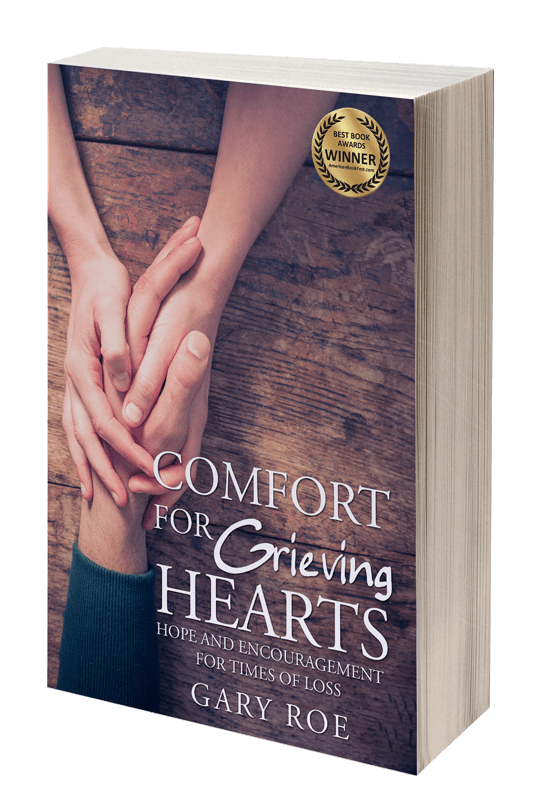
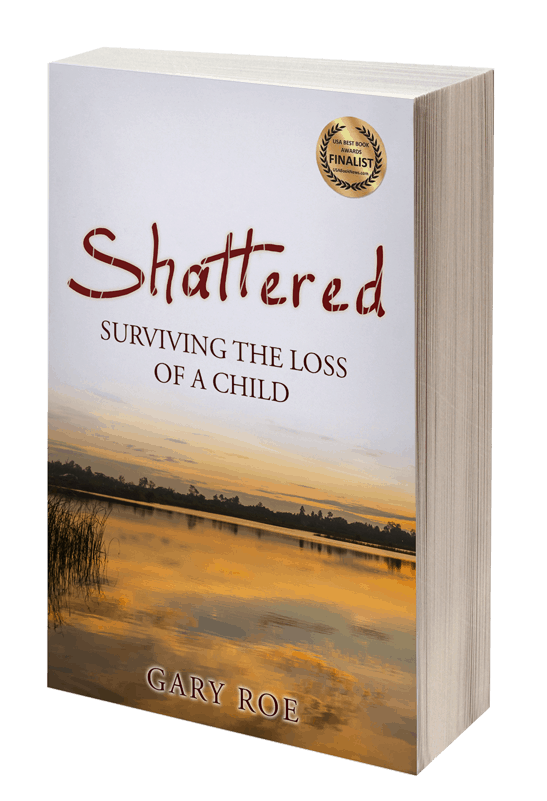
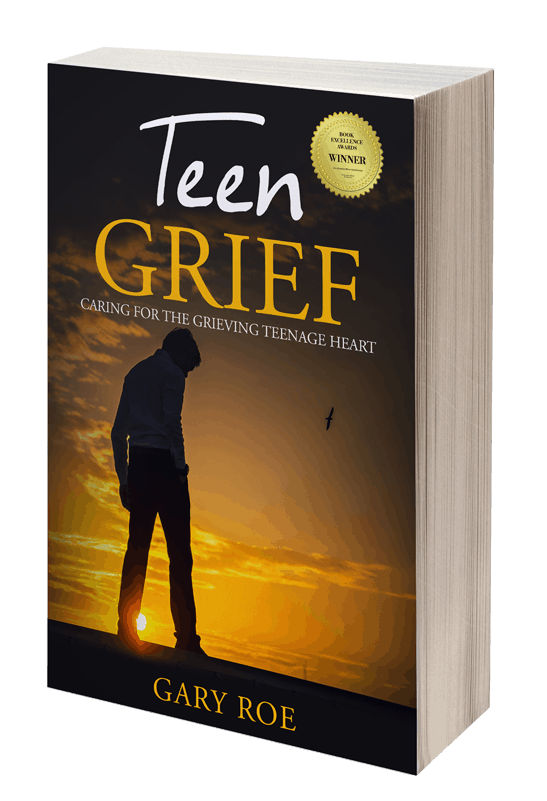
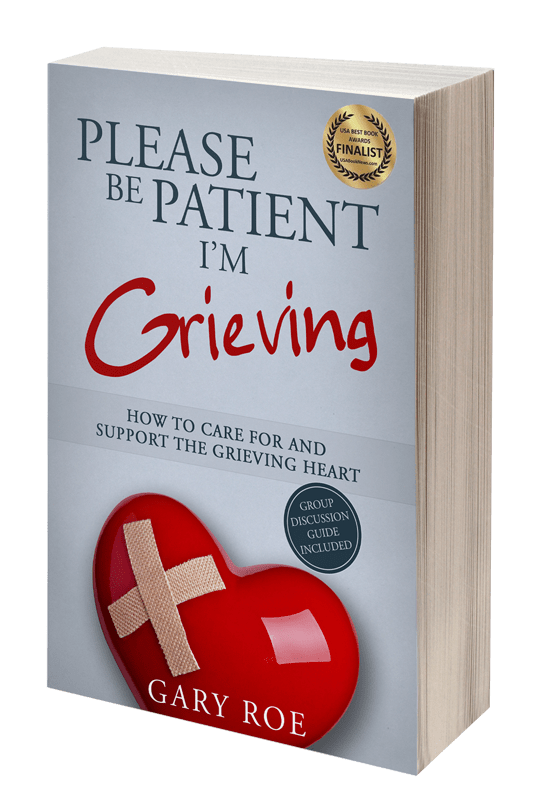
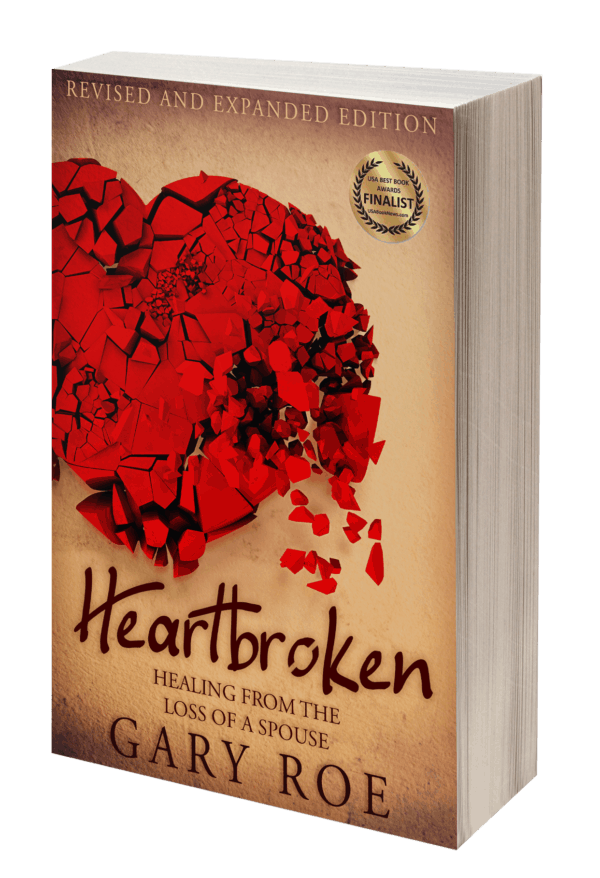
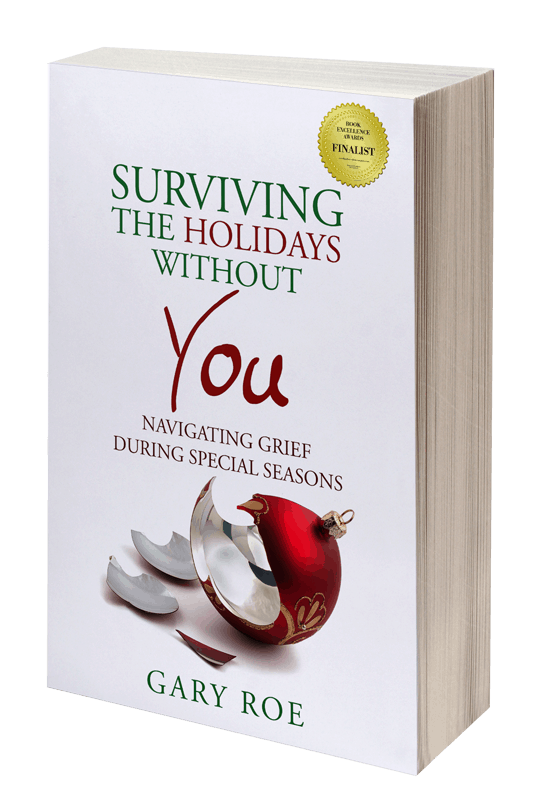
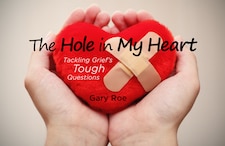
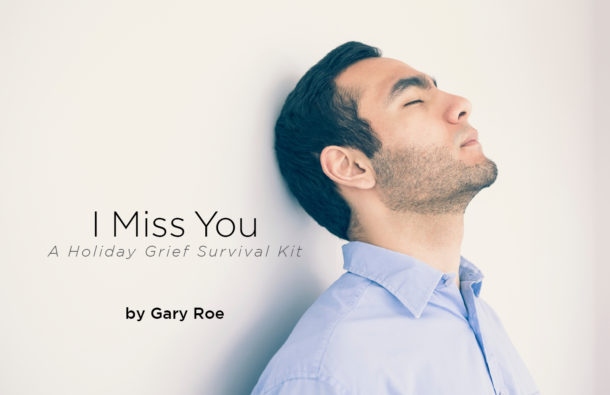
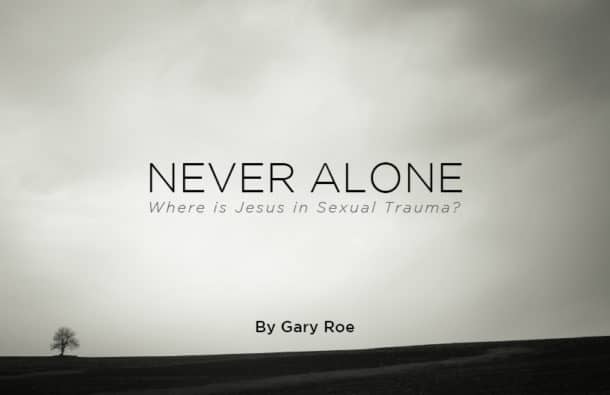

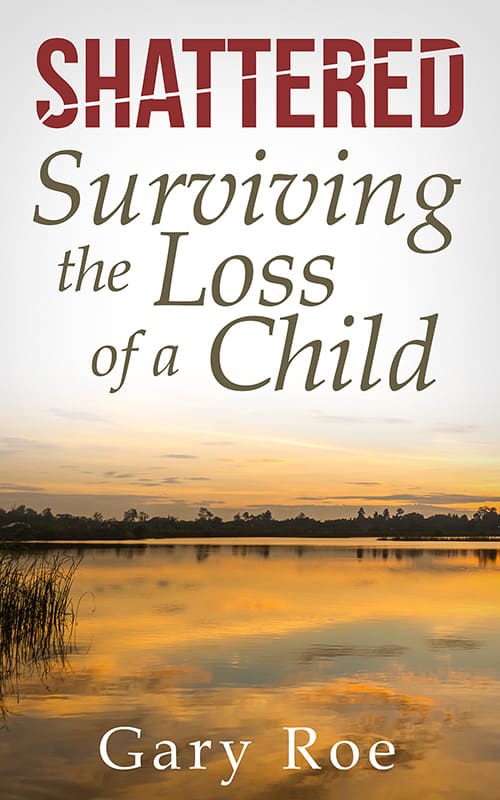
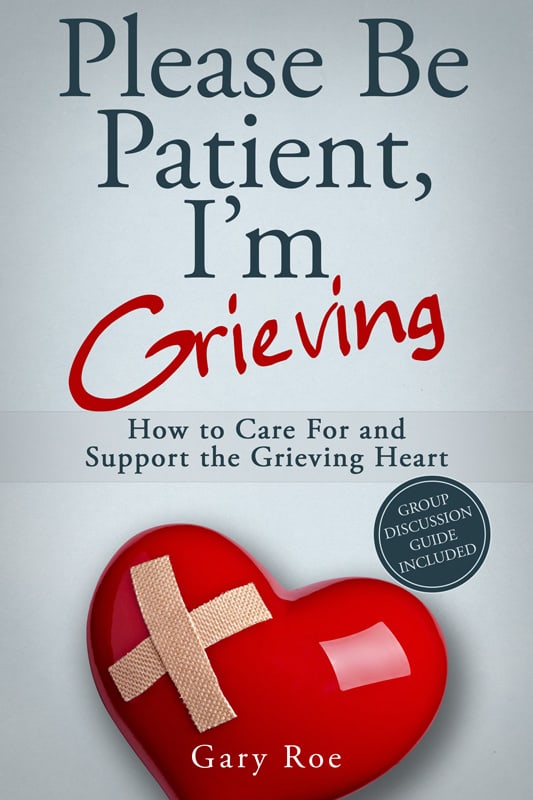
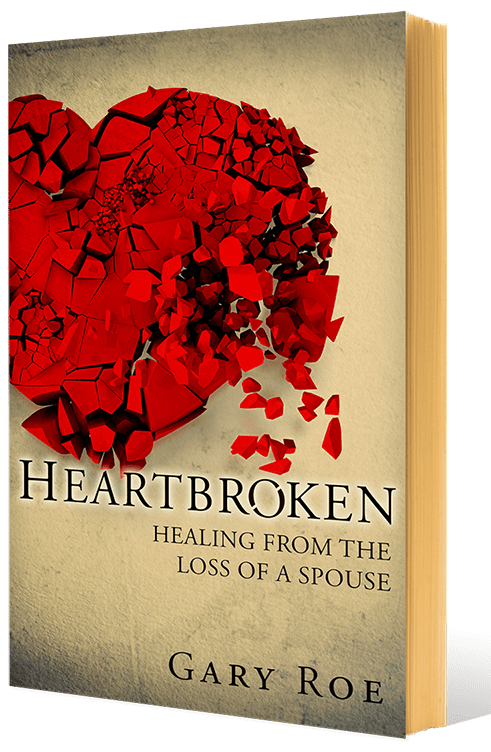
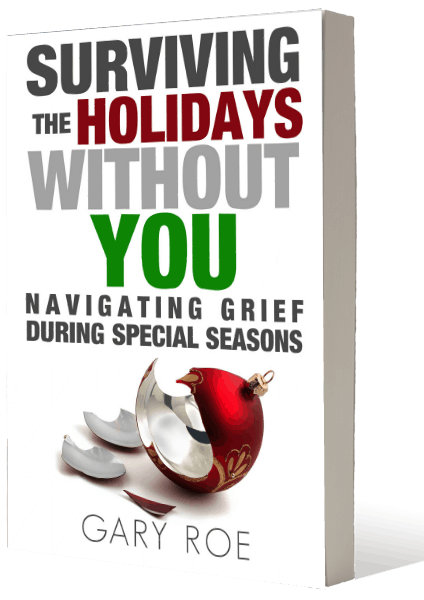
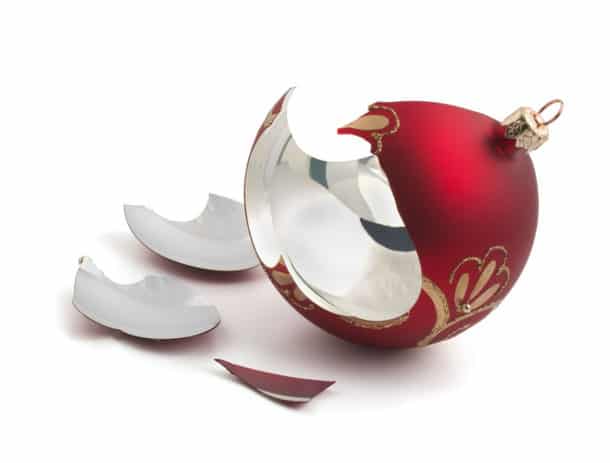
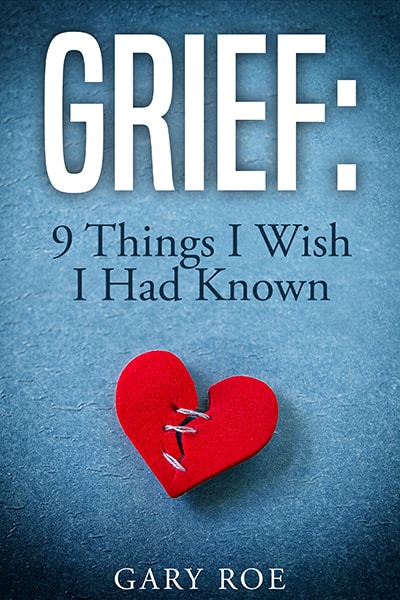
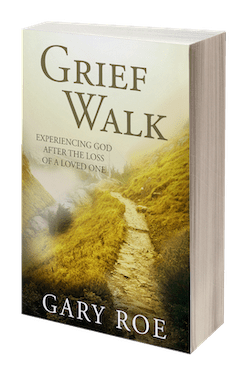
Gary, your posts are always so helpful. I still am having a really hard time without my husband and it will be 5 years in July.
I do want you to know your book HEARTBROKEN was so very helpful to me in the beginning and still is. I give it to every new widow I know I found it that helpful. So, far 13 copies and will continue. This is just since my husband passed that 13 of my friends and acquaintances have become widows. Each one has remarked how much that book helped them. Thank you for writing it.
HI Gayle. That 5 year milestone can be a big one indeed. Thank you for your support and encouragement about Heartbroken. I’m actually beginning to update it – it came out a little over 5 years ago – with a few journaling pages and some other small updates. Stay tuned! The new version should be released in late August – but no worries…it’s 98% the same book!
My husband of 61 years passed away just over a year ago what you said here is the first ray of hope. This is exactly how I feel. So tired, too tired to care. Doctor thinks sleep apnea, counselor just sits and waits for me to talk. But your words give me hope. Thank you!
Hi Mary Kay. Thanks for sharing this with me. So sorry for the delay in getting back to you. Yes, fatigue is SO heavy in grief. Please be kind to yourself. And please feel free to reach out here any time. Blessings….